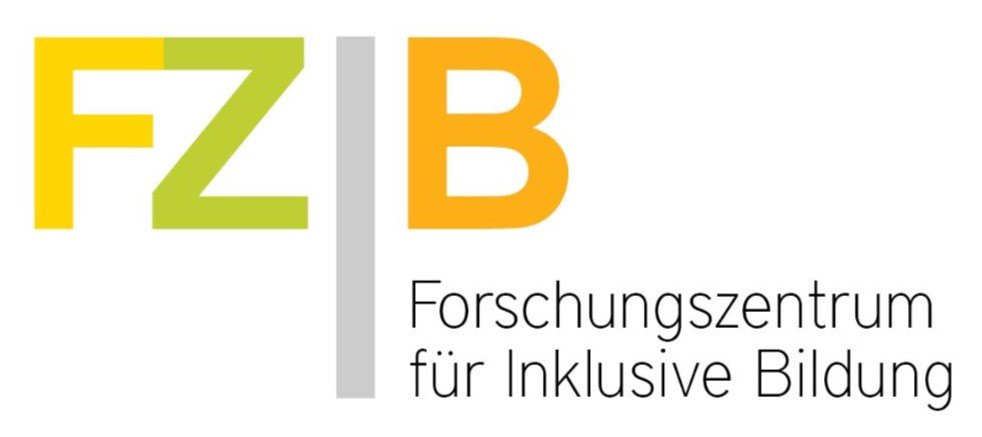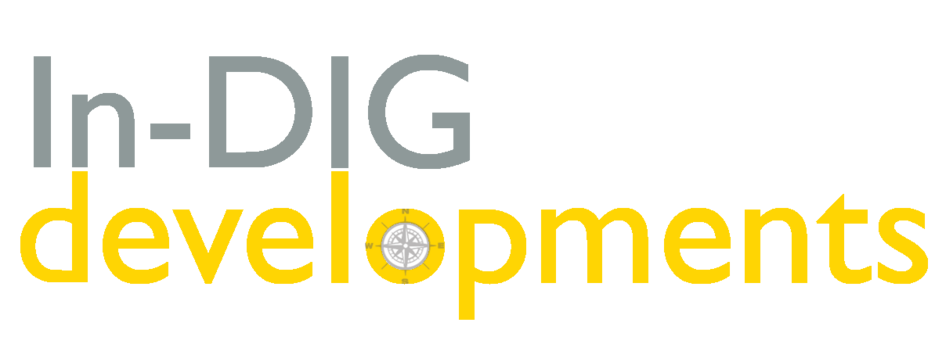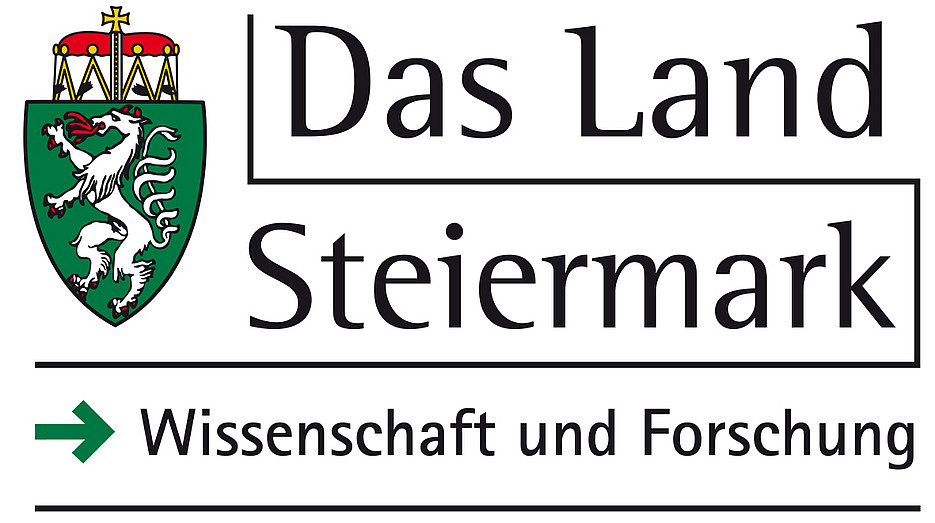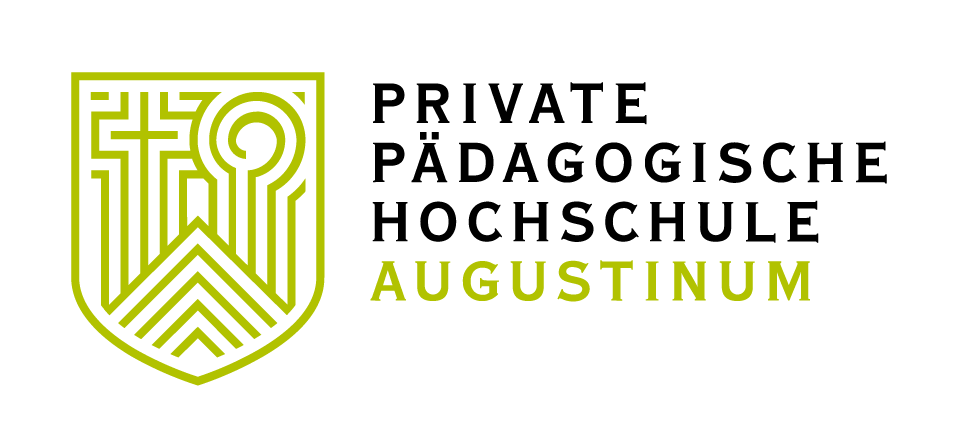In-DIG developments
Detailed description
Inclusion through digital school development - barriers and solutions as a result of COVID-19
The school closures caused by Covid-19 pose major challenges for schools and families, as both everyday family life and the organization of lessons have changed for everyone involved. This applies in particular to the implementation of inclusion. School inclusion means that all pupils are reached, supported and challenged in distance learning, including those with special support needs, for example due to disabilities, limited knowledge of the language of instruction, lack of socio-economic resources or lack of the possibility of guidance and support from parents or other adult caregivers.
So far, it is unclear for Styria - as for many other regions around the world - to what extent the use of digital technologies can be observed to have a digital divide in terms of educational equality and which solutions schools are using to achieve positive effects. As part of a wide range of national and international research efforts, the In-DIG-developments project is helping to document the effects of the pandemic situation on teaching and learning situations in primary and secondary schools in Styria. A particular focus is on the challenges that arise for children and young people with special support needs.
The transdisciplinary project is financially supported by the State of Styria and aims to investigate the effects and changes triggered by COVID-19 at schools in Styria and, based on this, to develop models for inclusive, digitally supported learning environments at primary and secondary schools in a participatory process.
The study addresses the following three main research questions:
(1) Which digital-inclusive teaching practices have been or are being used in distance learning in the subject German at elementary and middle schools in Styria?
(2) What experiences have parents, teachers and students had with the situation of school closure and distance learning?
(3) What particular challenges arose with regard to the schooling and participation of all pupils?
In order to answer the research questions, a quantitative baseline survey will be conducted in an initial survey phase using a representative survey of fourth and sixth grade students, parents/guardians, school administrators and German teachers at 25 primary and 16 secondary schools in Styria(n = 3,000).
A special focus was placed on the subject German in order to be able to trace the teaching organization and learning practices as well as the strategies of the teachers before and during distance learning. The reason for this is that language and reading skills are of fundamental importance for inclusion and equal participation in society. In this context, a standardized reading test is also used in order to be able to make differentiated statements about the students' reading skills.
Based on the quantitative data, an in-depth discussion and reflection will take place in a subsequent qualitative survey phase as part of focus groups with teachers, school administrators, parents/guardians and pupils. The aim of these focus groups is to explore the opportunities, challenges and limitations of digital technologies within inclusive school and teaching processes together with the participants and to explore possible solutions from a transdisciplinary perspective. The focus here is also on ethical issues arising from the requirements of inclusive and digital school development processes.
In addition, good practice examples will be identified and discussed in depth in interviews with a total of 30 teachers and 36 school leaders in Styria. Based on this, relevant conditions for successful inclusive and digitally-supported teaching and learning environments will be developed.
Students will also be asked about their experiences and views on distance learning and successful inclusion. To this end, we use the method of participatory research with children, in which students are seen as experts in their own affairs and perceived as equal research partners. To this end, the pupils are trained as co-researchers using tried and tested concepts (Messiou, 2013). This approach makes it possible to involve the students in all processes of the research, such as formulating research questions of interest to the students or conducting targeted observations. In subsequent interviews with the students, their observations and notes in their research diary, their opinions and their wishes are discussed.
Specifically, the study focuses on the following objectives
- Identification of changes and effects of corona-related school closures on the organization of lessons
- Identification of opportunities, challenges and limitations of distance learning with regard to inclusion and digitalization
- Participatory development of models and concepts for inclusive, digitally supported teaching and learning environments
- Strengthening multi-professional collaboration and cooperation between parents and schools
You can find a project summary here.
First presentation of results at the IFO 2022
Caroline Breyer and Lea Hochgatterer - FZIB employees - presentedinitial results from theIn-DIG-developmentsproject at IFO 2022 (35th Annual Conference of Inclusion Researchers from February 23 to 25, 2022) . The focus was on challenges that arose with regard to the schooling and participation of all pupils from the perspective of teachers and parents and solutions that were found to meet these challenges. The poster session provided an opportunity for a valuable exchange with international participants and provided a variety of impulses for the further research process. The poster about the first results can be found here.




